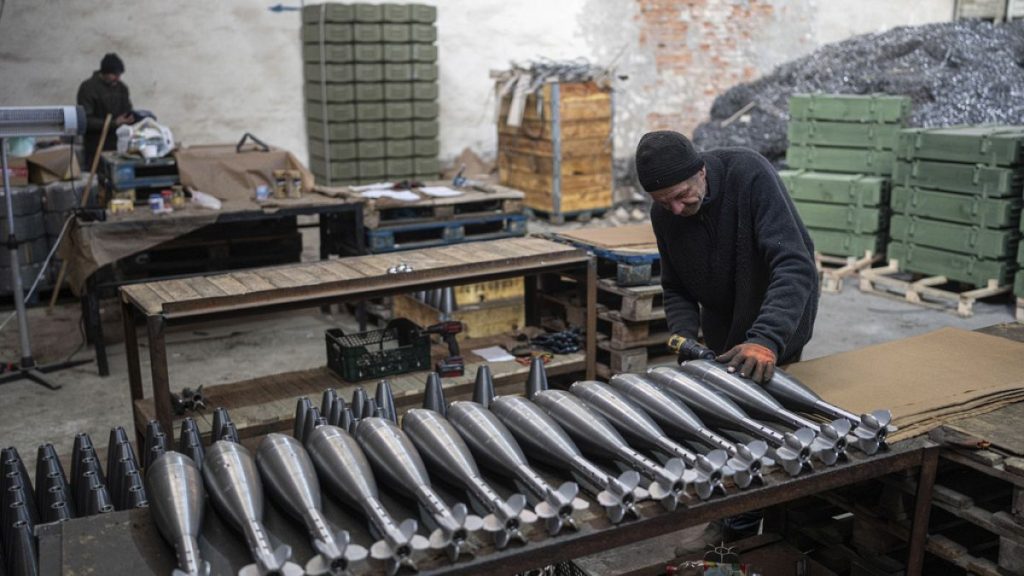Radical and far-right forces in the European Union are increasingly influencing discussions on a range of issues, including defence. While boosting Europe’s defence capabilities is a goal shared by leaders across the EU, there are differing opinions on how to achieve this. Some, like Marie-Agnes Strack Zimmerman, advocate for the creation of a European army and closer partnerships with allied third countries, while exploring funding options such as eurobonds. However, there are challenges in overcoming national industry mentalities to fill capability gaps. Additionally, a quarter of the SEDE subcommittee is made up of radical and far-right forces who may have conflicting views on European defence strategies.
Radical and far-right MEPs from smaller member states believe that NATO should remain the cornerstone of Europe’s defence, but also acknowledge the need for EU member states to boost their own capabilities. While MEPs like Claudiu Târziu argue for independence in defence until allies intervene, others, like Alice Teodorescu, support enhancing European contributions to NATO through supporting the European defence industry. Geography plays a role in how cooperation and filling capability gaps are approached, with some advocating for greater cooperation at the EU level to boost defence capabilities, while others, like António Tânger Corrêa, push for an anti-federalist approach to ensure equal sovereignty for all member states.
Funding Europe’s defence capability gaps remains a significant challenge, with purchases from outside Europe accounting for a large portion of new orders. The EU will need an additional €50 billion over the next decade to remain competitive globally. Member state leaders have agreed to step up cooperation and fund more joint projects, but there are limited resources and competing priorities within the EU budget. Commissioner-designate Kubilius is open to exploring alternative ways of financing defence needs, such as issuing common debt, though not all MEPs support this approach.
The idea of creating a European army is a long-term goal for some, with the existing Rapid Deployment Capacity (RDC) serving as a foundation for such an army. Far-right MEPs generally express hesitancy towards further military cooperation beyond the RDC and NATO capabilities, citing concerns about encroaching on national sovereignty. Sweden’s Teodorescu is the least reluctant to further military cooperation, as long as national sovereignty is respected. However, there is a reluctance among some MEPs to move towards a common army, as it could lead to decisions being made by others on how to protect their countries.
There is potential for convergence among MEPs regarding the integration of allied third countries into the single market for defence, allowing them to access joint procurement schemes and EU investments. The United Kingdom, a European ally, is likely to benefit from such integration, as it has recently established bilateral defence pacts with several EU member states. However, there are differing opinions on how to approach this integration, with some MEPs opposing the concept of a single market for defence. These divergences highlight the challenges for radical and far-right forces in reaching a common position on shaping Europe’s new defence strategy.















